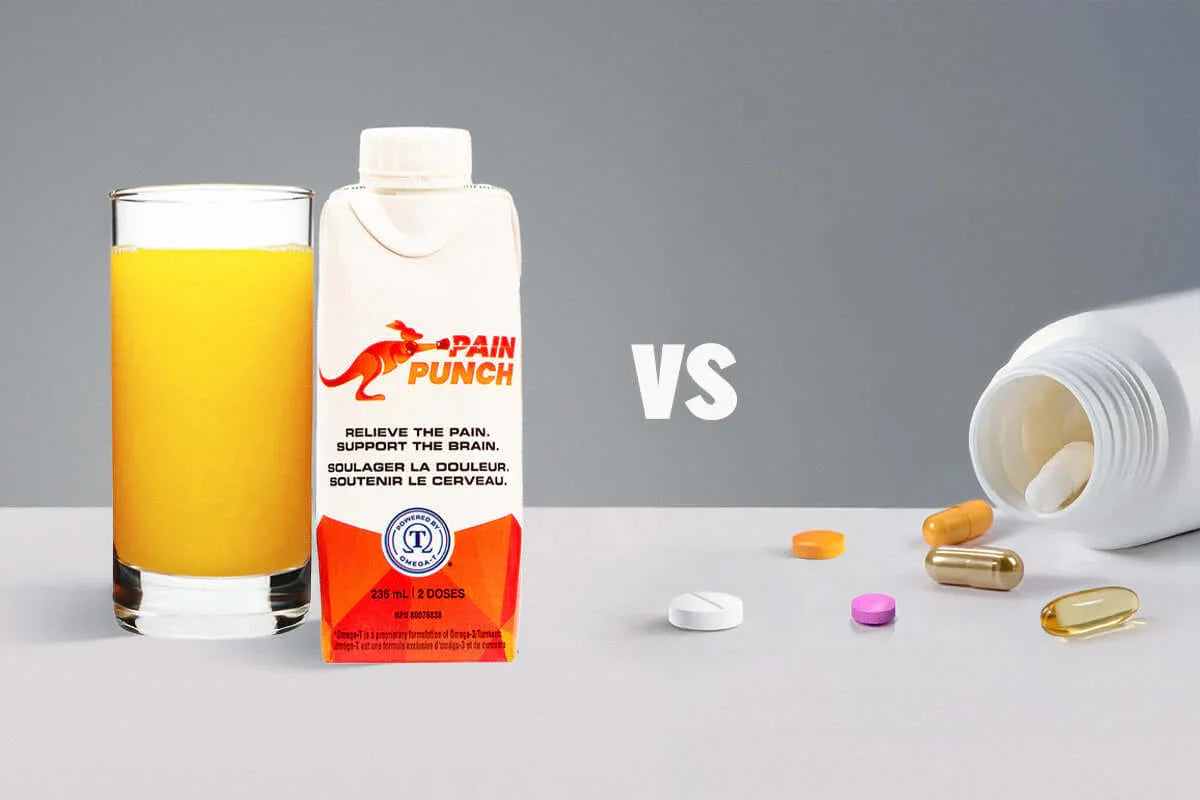Why Supplement Drinks May Be Superior to Pills or Capsules

In the growing world of health and wellness, the format of supplementation is becoming just as important as the ingredients themselves. While capsules and pills have been the traditional go-to for vitamins and nutrients, liquid supplement drinks are gaining traction—and for good reason. From better absorption to easier consumption, here's why many consumers and health experts are turning to drinkable supplements.
1. Enhanced Bioavailability
Bioavailability refers to how well and how quickly a substance is absorbed into the bloodstream. Many of the nutrients in pill or capsule form are poorly absorbed—sometimes as low as 10–20% depending on the compound.
Liquid supplements, on the other hand, don’t require breakdown in the digestive tract like solid forms do. They can begin absorption in the mouth and stomach, often leading to faster and more efficient uptake.
A study published in Pharmacology & Therapeutics found that liquid formulations typically have superior bioavailability for water- and fat-soluble vitamins compared to their capsule counterparts (Fornaguera et al., 2015).
Additionally, poorly absorbed ingredients like curcumin (from turmeric) and omega-3 fatty acids often need special formulation techniques—like emulsification or micellization—that are more easily achieved in liquid formats than in capsules.
2. Gentler on the Digestive System
Capsules—especially those with gelatin or synthetic shells—can sometimes irritate the stomach, particularly if taken on an empty stomach or in large quantities.
Supplement drinks, particularly those that are food-based and flavored naturally, are often gentler and can be consumed with or without food.
Some drinks are designed to buffer acidic ingredients (e.g., vitamin C) with alkalizing components, reducing the risk of gastrointestinal upset.

3. Better for Combining Multiple Ingredients
Pills and capsules are limited in volume. The typical capsule holds about 500–1000 mg of ingredients. That means multi-ingredient formulations often require taking 3–6 capsules daily, which can be burdensome and cause pill fatigue.
A single serving of a functional drink can incorporate:
- Fat-soluble nutrients like omega-3 or vitamin D
- Herbal extracts like turmeric, ashwagandha, or green tea
- Water-soluble vitamins like vitamin C, B12, and electrolytes
- Prebiotics or natural sweeteners
With proper emulsification, these can be blended into a tasty, drinkable format without requiring a handful of capsules.
4. Better Experience and Compliance
Let’s face it: swallowing pills isn't enjoyable for everyone. Up to 40% of American adults report difficulty swallowing pills, and compliance with capsule-based regimens is low, especially when multiple are needed daily (Weijenborg et al., International Journal of Pharmaceutics, 2020).
Liquid supplements remove this barrier entirely.
A well-designed supplement drink can be refreshing and flavorful, turning the act of supplementation into a pleasant daily ritual rather than a chore.

5. Improved Formulation Transparency
Capsules often include:
- Bulking agents (e.g., microcrystalline cellulose)
- Anti-caking agents (e.g., magnesium stearate)
- Gelatin (animal-derived) or HPMC (plant-based polymer)
These excipients can add unnecessary chemicals or allergens and aren't always clearly labeled.
Supplement drinks typically have cleaner labels and are easier to formulate without unnecessary additives. They can also be certified vegan, non-GMO, or allergen-free more easily due to fewer processing constraints.
6. Real-Time Synergy Between Ingredients
In a liquid, ingredients are already in solution and can begin interacting immediately. Some research suggests that co-formulated antioxidants and anti-inflammatories (e.g., turmeric and omega-3s) may have synergistic effects when consumed together in a bioavailable format (Aggarwal & Harikumar, Biochemical Pharmacology, 2009).

Final Thoughts
While capsules and pills certainly have their place in targeted supplementation and pharmaceutical settings, drinkable supplements offer a more bioavailable, user-friendly, and often more effective approach, especially for multinutrient formulations or consumers with digestion or compliance issues.
For those seeking anti-inflammatory support, immune defense, or daily wellness in a form that’s both potent and pleasant, supplement drinks may be the future of nutrition.
References
- Fornaguera, C., & García-Celma, M. J. (2015). The bioavailability of oral preparations: a comparative study of capsules and liquids. Pharmacology & Therapeutics, 148, 32–45.
- Aggarwal, B. B., & Harikumar, K. B. (2009). Potential therapeutic effects of curcumin, the anti-inflammatory agent, against neurodegenerative, cardiovascular, pulmonary, metabolic, autoimmune and neoplastic diseases. Biochemical Pharmacology, 78(11), 1426–1434.
- Weijenborg, P. W., et al. (2020). Difficulties with swallowing pills: A global health challenge. International Journal of Pharmaceutics, 576, 118989.




